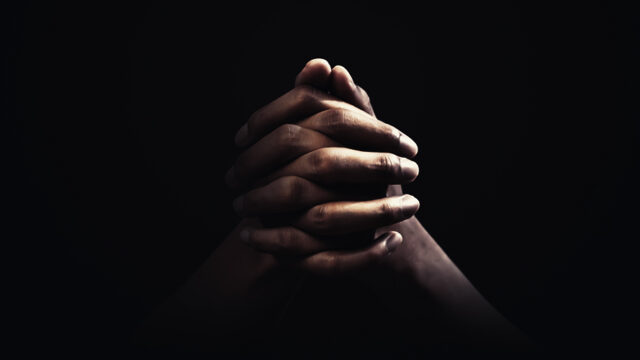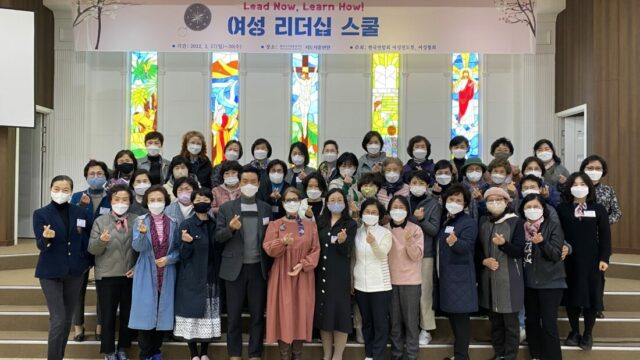The pandemic isn’t only physical.

The year 2020 has been challenging and volatile. As a millennial and a college senior about to enter the “real world,” I’ve had to consider many of the issues we and our nation are facing. Turmoil is all around us, and in this age of social media we can’t escape it.
People are worried for their health, their jobs, their families, their futures. People are becoming depressed under the weight of unending challenges. Society is so torn apart by political ideologies and racial tensions that friends and family sometimes find it hard to coexist.
The Toll on Our Psyches
Our mental health has taken a serious hit during these uncertain times. Normally, 6.7 percent of people in North America suffer from some level of depression, and 18.1 percent of people struggle with anxiety.1 Because of the pandemic, 30.9 percent of people in the United States report suffering from anxiety or depression, and 40.9 percent of people have seen negative mental or behavioral health effects.2 When the pandemic began, I was struggling with seasonal affective disorder. Self-isolation only made it worse.
Our human connections have suffered. We are social distancing, covering our faces, and isolating in our homes to stay safe from the virus. Despite all this, I contracted the coronavirus in July and spent nearly the entire month alone in my house.
Combined with this growing need for physical separation, our nation’s politics and racial tensions are building barricades between family members, friends, and ethnicities. One can see violent differences on social media, during which people lash out at those who have opposing ideologies with loveless language. Vast numbers of people feel as if they have no home in this country. I see these conditions and often feel completely isolated from love, compassion, and support. I’m not alone.
What can our church offer this chaotic world?
Building a Path Toward Healing
While the church assists society with physical needs, what does the church do to assist in repairing these social connections and the failing mental health of this distressing year?
In my experience, the church has often seemed to fail at meeting the mental health needs of its community. It has been common for mental health issues to be swept under the rug. I was told to pray to overcome my own mental health struggles. When that failed, I was told that I lacked faith. The church failed to recognize the invisible struggles many of us face or to address them correctly. The church is not a therapist, but it can help its community with mental health.
Becoming aware of the reality of mental health is a good starting point. The church still generally stigmatizes mental health struggles. But through living out Jesus’ teaching of love and compassion, the church should be able to acknowledge these internal struggles and share the warmth of community with them. Instead of ignoring them or brushing them aside with recommendations such as “just pray more” or “have faith,” the church can provide a place where people can be honest about their struggles.
One way the church can support its members who have mental health struggles would be to incorporate sermon series on mental health during Mental Health Awareness Month in May. Through sermons, church leaders can influence conversations about mental health, especially in church. With proper teaching on mental health awareness, church members can better support their fellow members in the spiritual atmosphere.
But what about the rest of the year?
Churches can provide space for mental health support groups, substance abuse support, and crisis counseling. Several organizations sponsor faith-based recovery programs and have relationships between social workers and local churches.
As human connections fray and mental health declines, I want to be part of a church that opens its arms to all, picks them up when they fall, and carries them toward Jesus’ love.
An Antidote to Division
This year it seems that our nation’s politics have focused on division and partisanship. Our church can preach understanding, patience, and acceptance and be a place where we can all come together. Our society is afflicted with racial divides and acts of hatred against our fellow humans. The church can demonstrate Christ’s love over the hate that simmers just below the surface of society. Our people are hurting both outside and inside from the pain sin is causing in this world. Our church can provide safety, acceptance, and hope.
In many ways 2020 has seemed like the time of the end. It’s easy to believe we should be preaching constantly of the Second Coming, teaching the prophecies, or preparing for the final events. But that goes only so far. It doesn’t do much to help people who suffer emotionally.
In a chapter that speaks about the nature of our ministry to others, Ellen White wrote: “Christianity is always intensely practical, adapting itself to all the circumstances of actual life.”3
As the world changes and the years are filled with chaos and pain, will the church adapt its ministry to meet the needs of people?
The church needs to reflect the outpouring of love that Jesus gives to all of us. Whether people suffer from the hatred of others, loss of loved ones, loneliness, depression, anxiety, or physical hardship, the church can love as Jesus did during His ministry. Through this the church will show the world the hope of Jesus’ return.
1 adaa.org/about-adaa/press-room/facts-statistics
2 www.cdc.gov/mmwr/volumes/69/wr/mm6932a1.htm
3 Ellen G. White, Messages to Young People (Washington, D.C.: Review and Herald Pub. Assn., 1930) p. 200.








